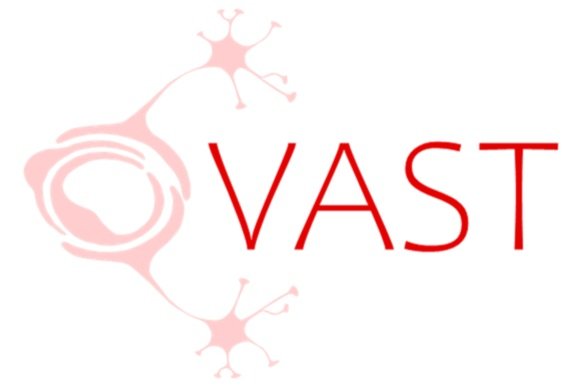This workshop on neuroimaging and fluid biomarkers of neurodegenerative disease will be led by Dr. Myuri Ruthirakuhan, Dr. Joel Ramirez, Dr. Julie Ottoy, and Dr. Min Su (Peter) Kang. The workshop will be held virtually from September 19th – November 21st (weekly, Tuesdays 1-3pm ET). Recordings of the sessions will not be shared with registrants - only live attendance is possible. Attendance and participation during 75% of the sessions will earn you a certificate.
Biomarkers are increasingly being used to detect the presence and monitor the progression of neurodegenerative and cerebrovascular diseases that cause dementia. Additionally, biomarkers play a significant role in the design of clinical trials by providing insight into treatment efficacy, target engagement, and enriching criteria for patient selection. Given the multitude of biomarkers that are currently available, researchers require a comprehensive understanding of how biomarkers are acquired and the analytical methodologies that are available to study them. The use of biomarkers in clinical and research settings will improve early diagnosis, intervention, symptom management, and outcomes for persons living with neurodegenerative and cerebrovascular diseases that cause dementia.
The aim of this course is to provide working knowledge about commonly used circulatory (blood-based) and neuroimaging-based (MRI & PET) biomarkers for neurodegenerative and cerebrovascular diseases. Through this course, students will gain an understanding of the range of biomarkers available and how they can be applied in a clinical-research setting to study pathology and the sequence of pathologic events. Students will also learn about emerging techniques that probe novel biomarkers and accelerate drug discovery.
Section I: FLUID (Weeks 1-3): Dr. Myuri Ruthirakuhan
This module will focus on blood-based biomarkers which have established value in predicting and monitoring cognitive and functional decline in neurodegenerative diseases. This module includes three lecture components: 1) Overview of validated and promising blood-based biomarkers of neurodegenerative diseases, 2) Understanding the importance and differences in diagnostic, predictive, and monitoring biomarkers, and 3) Practicum: Design of a biomarker study.
Section II: MRI (Weeks 4-6): Dr. Joel Ramirez
Students will be provided with a comprehensive overview of how structural Magnetic Resonance Imaging (MRI) can be used to visualize and measure cerebrovascular lesions and brain atrophy. This will include a crash course on visualization, quantification, and application in clinical research. If possible, we will also have a hands-on session where students will have the opportunity to interact with MRI from patients with chronic stroke lesions and cerebral small vessel disease imaging markers.
Section III: PET (Weeks 7-8): Dr. Julie Ottoy
This module will focus on Positron Emission Tomography (PET) as a molecular brain imaging method - from the research lab to the clinical use. The module is divided into two lectures. In the first lecture, the student will gain a basic understanding of PET physics and will become familiar with applications of PET imaging in both clinical practice and clinical research with a focus on Alzheimer’s disease. The second and last lecture on PET imaging will cover clinical and research applications of amyloid and tau PET, as well as the appearance of PET in patients with concomitant cerebrovascular disease.
Section IV: MULTI-MODAL (Week 9-10) Dr. Min Su Kang
The last section will showcase the latest literature applying multimodal biomarkers to investigate various neurological or neurodegenerative diseases. The first lecture will introduce several studies integrating various multimodal biomarkers to show a new understanding of disease processes and/or mechanisms. This will also be an example of how to read multimodal biomarker papers. The last lecture will focus on methodological/statistical considerations when conducting multimodal biomarker studies. If possible, we will also have a hands-on session with a mock example dataset to analyze multimodal biomarkers to answer a research question.
Registration required: https://ucalgary.zoom.us/meeting/register/tJwtd-qppz4pG9QcgD9QpSOrC0e-3G0g26vg#/registration
